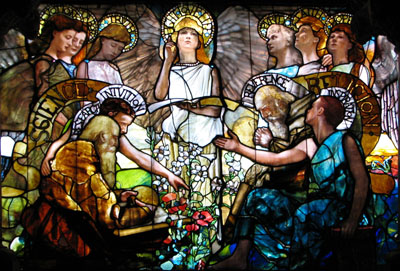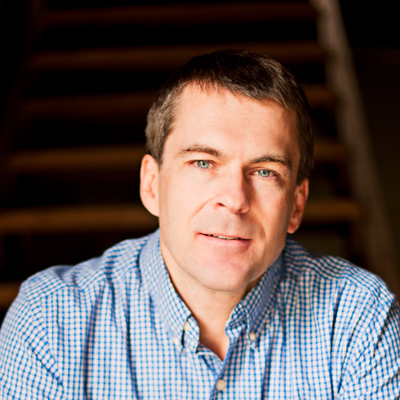
“[S]cientists who care about the public knowledge of science . . . should set forth an agenda for dialogue and deprivatization of discussions about religion, one that emphasizes a more nuanced view of religion and a more realistic view of the limits of science” — Elaine Howard Ecklund
Back in December, a number of ex-evangelicals gathered in New York City to discuss evangelicalism’s relationship to intellectual life. According to an article in the Wall Street Journal, “some of America’s brightest contemporary intellectuals gathered at the New School to discuss the tenuous relationship between ‘Evangelicalism and the Contemporary Intellectual.’ The discussion was predictably thoughtful, though evangelical belief was treated as something necessarily dispensed with on the way to becoming a public scholar.” The article, “Winning Not Just Hearts but Minds,” kindly mentioned Chesterton House among recent efforts to “foster the life of the evangelical mind.”
To be sure, anti-intellectualism in the pews is a real problem. Still, this is a strange moment to suggest that becoming an intellectual necessarily entails discarding faith.
First, consider the counterexamples–folks like Francis Collins, who moved from secularism to evangelicalism precisely because he judged the latter to provide more compelling answers to life’s most vexing questions. More importantly, consider the research. As mentioned in our previous post on the de-secularization of the academy, recent research from UCLA shows that increasing numbers of students are practicing not only newer, alternative forms of spirituality but also traditional forms of religion. And according to an article in Philo, the journal of the Society of Humanist Philosophers, “one-quarter or one-third of philosophy professors are theists, with most being orthodox Christians.”
More reason to question glib generalizations about “the tenuous relationship” between evangelicalism and intellectual culture come from Elaine Howard Ecklund’s brand new book Science vs. Religion: What Scientists Really Think. Ecklund is one of several young sociologists of religion who are doing solid, empirical research on what people actually believe. Among the many interesting findings of her study is that young faculty members in the sciences are more religious than their older colleagues, and more religious than those colleagues were when they were young.
All of which is to say that the above-mentioned ex-evangelicals don’t have it quite right. Although losing one’s religion during college is a familiar cultural script, today’s students and young scholars apparently are not interested in conforming to yesterday’s scripts, and for many of them “evangelical” and “intellectual” are complementary rather than competing identities. Moreover, the irony of comments to the effect that “evangelical belief” is “something necessarily dispensed with” on the way to becoming an intellectual is that they so rarely cite any data.
For those interested in lectures and discussions on this general topic that are more informed by data, we recommend Science vs. Religion. “Since surveys of scientists’ religious beliefs began nearly a century ago,” historian Ronald L. Numbers says, “no one has produced a study as deep and broad as Ecklund’s. Surely Science vs. Religion will be the gold standard of such surveys for decades to come.”


